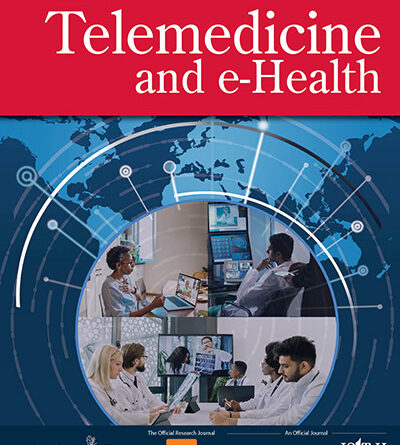Factors Predicting Intentions of Adoption and Continued Use of Artificial Intelligence Chatbots for Mental Health: Examining the Role of UTAUT Model, Stigma, Privacy Concerns, and Artificial Intelligence Hesitancy
Background:Artificial intelligence-based chatbots (AI chatbots) can potentially improve mental health care, yet factors predicting their adoption and continued use are unclear.
Methods:We conducted an online survey with a sample of U.S. adults with symptoms of depression and anxiety (N = 393) in 2021 before the release of ChatGPT. We explored factors predicting the adoption and continued use of AI chatbots, including factors of the unified theory of acceptance and use of technology model, stigma, privacy concerns, and AI hesitancy.
Results:Results from the regression indicated that for nonusers, performance expectancy, price value, descriptive norm, and psychological distress are positively related to the intention of adopting AI chatbots, while AI hesitancy and effort expectancy are negatively associated with adopting AI chatbots. For those with experience in using AI chatbots for mental health, performance expectancy, price value, descriptive norm, and injunctive norm are positively related to the intention of continuing to use AI chatbots.
Conclusions:Understanding the adoption and continued use of AI chatbots among adults with symptoms of depression and anxiety is essential given that there is a widening gap in the supply and demand of care. AI chatbots provide new opportunities for quality care by supporting accessible, affordable, efficient, and personalized care. This study provides insights for developing and deploying AI chatbots such as ChatGPT in the context of mental health care. Findings could be used to design innovative interventions that encourage the adoption and continued use of AI chatbots among people with symptoms of depression and anxiety and who have difficulty accessing care.


